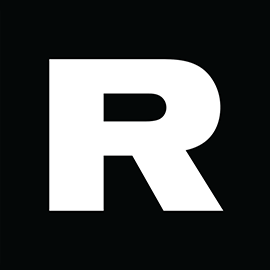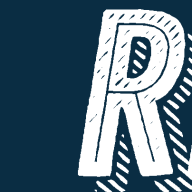Table of Contents
Please help grow The Langley Union by sharing this newsletter with friends, family, or on social media and asking them to subscribe.
Word of mouth makes all the difference as we strive to grow and champion local news in our community!
As we British Columbians celebrate BC Day, let's take a moment to examine a growing conversation about the province's name that has been stirring debate across communities for the past few years.
The name "British Columbia" carries historical baggage that many find troubling—the province hasn't been British for over 150 years, and "Columbia" comes from Christopher Columbus, a figure now widely recognized for his role in violent colonization and genocide.
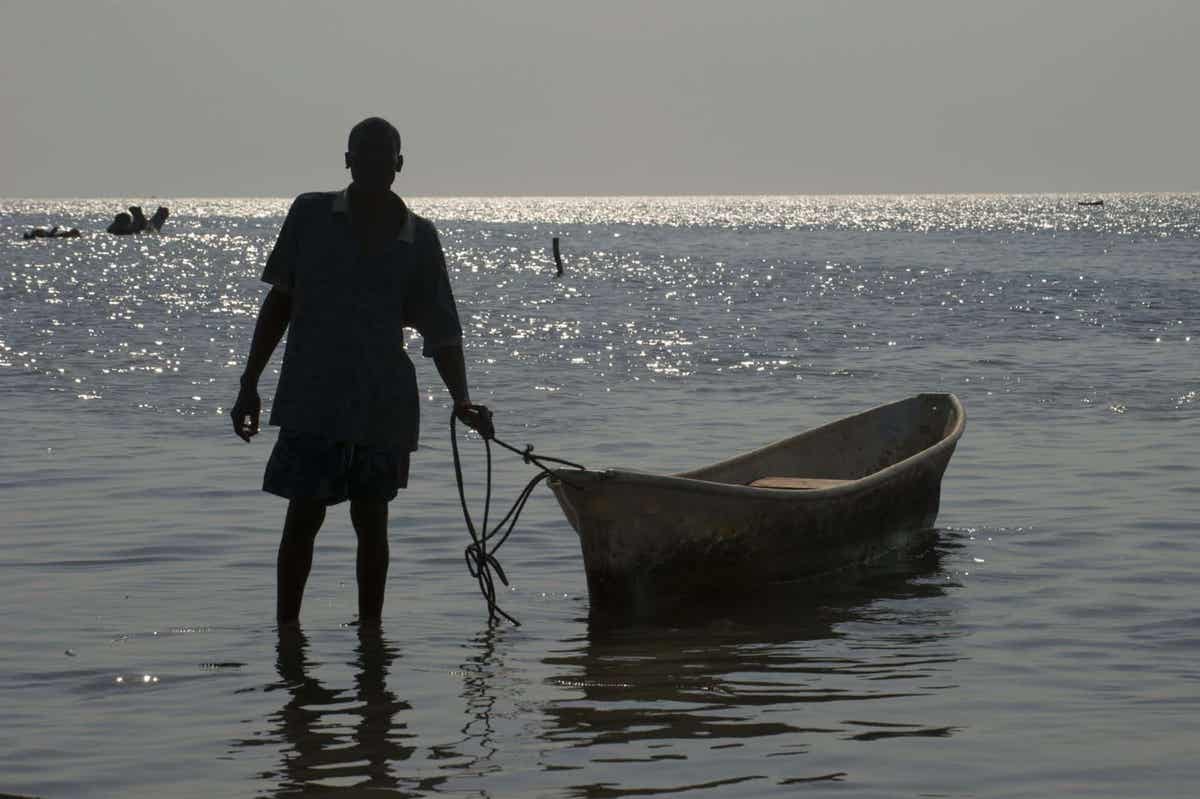
While recent polls show most residents oppose changing the name, advocates say it's a conversation worth having as the province grapples with its colonial past and looks toward a more inclusive future.
For residents of Langley, where Fort Langley served as the birthplace of British Columbia in 1858, this debate holds special significance.
The historic fort, now a national historic site, marks the exact location where James Douglas proclaimed the mainland colony of British Columbia.
Today, as Langley continues to grow and welcome diverse communities while sitting on the unceded territory of the Kwantlen First Nation, the question of what the province should be called touches on local history and identity.
The Case for Change
The push to rename British Columbia stems from a broader movement across Canada to reconsider place names tied to colonial history.
Robert Jago, a writer and consultant from the Kwantlen First Nation and Nooksack Indian Tribe, doesn't mince words about Christopher Columbus.
"I think everyone knows this by now, but Christopher Columbus had some issues. Even in his day, he was seen as incredibly violent, genocidal," Jago explained in a recent CBC interview. "To name a jurisdiction after this person is, in this day and age, not something we would do."
The name "British Columbia" comes from the Columbia River, which explorer John Gray named after his ship in 1792. But the ship's name—and ultimately the province's—traces back to Columbus himself.
For many Indigenous people, Columbus represents the beginning of centuries of violence, disease, and cultural destruction that nearly wiped out entire civilizations.
Michelle Nahanee, who is Sḵwx̱wú7mesh and the founder of Nahanee Creative, sees renaming as an opportunity to move forward. Renaming the province "would be an opportunity to take us into the future as a decolonial land and approaches that are more connected to the land and the values that are here today," she said.
Stephen Collis, an English professor at Simon Fraser University, argues the current name reflects an outdated relationship with the land itself—one based on extraction and exploitation rather than stewardship.
"Not only does the name British Columbia signify a history of racist colonization and genocide—it names a relationship to land that is unsustainable, and the complete opposite of Indigenous practices pre-contact," Collis wrote in a recent essay.
What Could Replace "British Columbia"?
Finding a new name presents its own challenges.
The province encompasses the traditional territories of numerous Indigenous nations, with 34 different Indigenous languages and 60 additional dialects spoken across the region.
Jago has suggested S'ólh Téméxw, pronounced "soul tow-mock," which means "our land" or "our world" in Halkomelem—significantly, the language of the Kwantlen people at Fort Langley.
However, both Jago and Nahanee acknowledge the difficulty of choosing a single Indigenous name for such a diverse region.
Ashley Churchill, a consultant from the Simpcw First Nation, offers another approach: using Chinook jargon, the trade language that developed between Indigenous nations and settlers during the fur trade era.
She suggests Illaheechuk or Illahee Chuk, meaning "where land meets water"—a fitting description for a province with nearly 400,000 lakes, almost 2 million kilometres of rivers and streams, and nearly 38,000 kilometres of coastline.
"We've blended all of our languages to figure out how to communicate with each other. That's something that's born of this place," Nahanee said of the Chinook jargon option.
Artist Lawrence Paul Yuxweluptun, whose calls for renaming have garnered significant attention, emphasizes that the new name doesn't necessarily need to be Indigenous—just non-colonial.
"I'm asking for a change of name because natives are the caretakers, protectors of the land of this province," he said. The name change "is important because it will change the idea of where we are in this country."
Public Opinion: A Province Divided
Despite these arguments, a slight majority of British Columbians remain opposed to changing the province's name.
A July 2024 Research Co. poll found that 60% of residents disagree with a name change, up from 53% in October 2022. Only 29% support the idea, while 10% remain undecided.
The divide falls largely along generational and cultural lines. Young people aged 18-34 are split almost evenly, with 52% supporting a name change. But support drops dramatically among older residents—only 11% of those 55 and over favor a new name.
Geography also plays a role. Northern BC shows the most openness to change at 38%, followed by Metro Vancouver at 32% and Vancouver Island at 31%. The Fraser Valley, however, shows much less support at just 21%.
Perhaps most significantly, 61% of British Columbians of Indigenous descent support changing the name, compared to 38% of South Asian residents, 29% of European-descended residents, and 29% of East Asian residents.
The poll also found that 65% of British Columbians say nothing bothers them about the current name.
Among those who do take issue, 18% object to the "British" part, 17% are troubled by the lack of acknowledgment of Indigenous peoples, and just 6% have problems with "Columbia."
Historical Context and the Path Forward
The debate over British Columbia's name is part of a larger reckoning happening across Canada.
Cities have renamed streets, schools have changed their names, and statues have come down as communities grapple with how to honor the past while building a more inclusive future.
The successful 2010 renaming of the Queen Charlotte Islands to Haida Gwaii offers one model.
According to the Research Co. poll, 57% of British Columbians believe that was the right decision, suggesting there may be more openness to change when it comes to specific places with clear Indigenous connections.
For working families across the province, this debate might seem removed from daily concerns about housing costs, job security, and making ends meet.
But advocates argue that names matter because they shape how we see ourselves and our relationship to the land. A name that reflects exploitation and extraction, they say, makes it harder to build an economy and society based on sustainability and respect.
"It's really hard to build things up when we're continuously being pulled back and reminded of this horrible past," Jago said. "If we can have a new name, that's part of it."
As British Columbia moves forward, the question remains: Can a province built on resource extraction and colonial expansion find a way to honor its Indigenous peoples and embrace a different vision for the future?
The answer may lie not just in changing a name, but in changing the relationships and attitudes that name represents.
For now, the conversation continues.
And while polls show most British Columbians aren't ready for a name change today, the strong support among younger residents suggests this question isn't going away.
As the province becomes more diverse and more people learn about its complex history, the pressure for change may only grow.
Whether the province remains British Columbia or becomes something else entirely, one thing is clear: the debate itself is forcing important conversations about history, identity, and what kind of future British Columbians want to build together.
And that conversation, difficult as it may be, is one worth having.
References and Resources
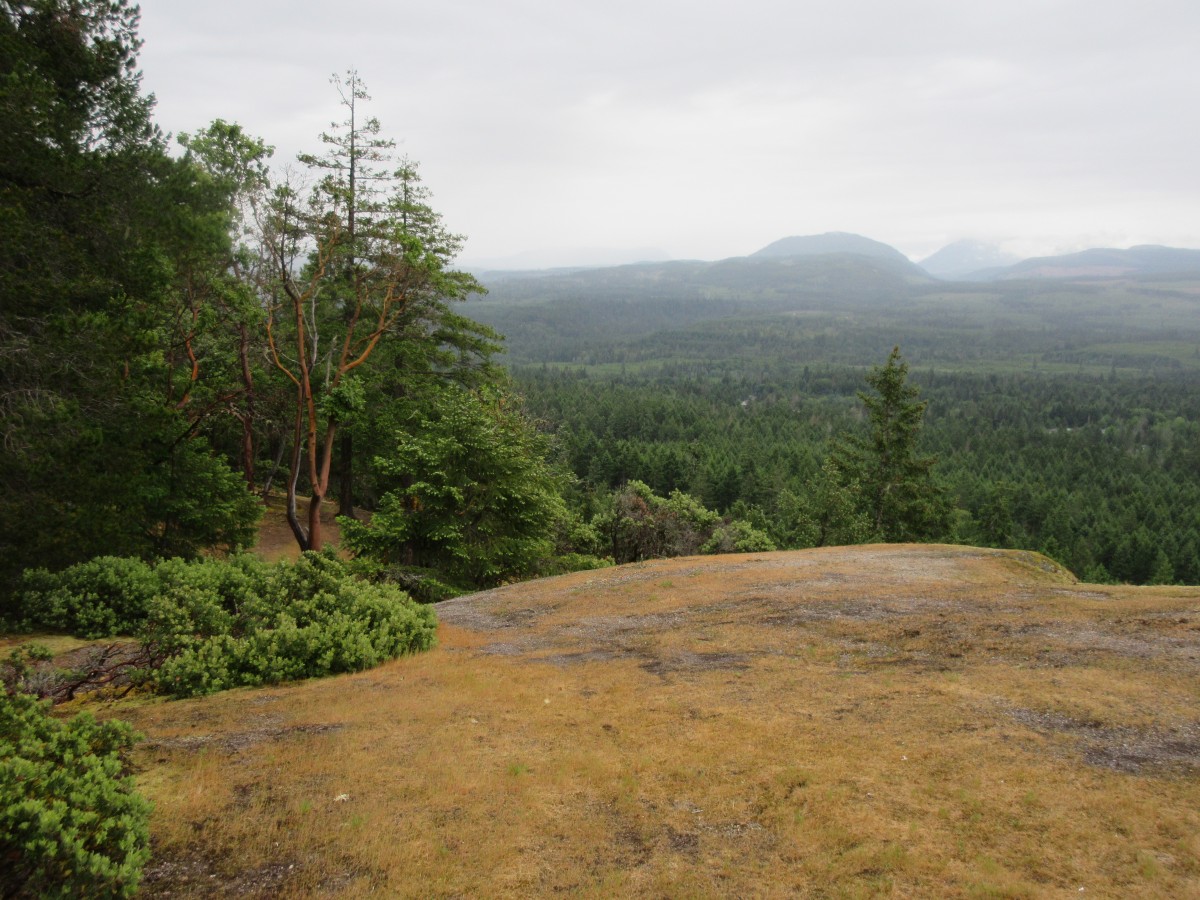
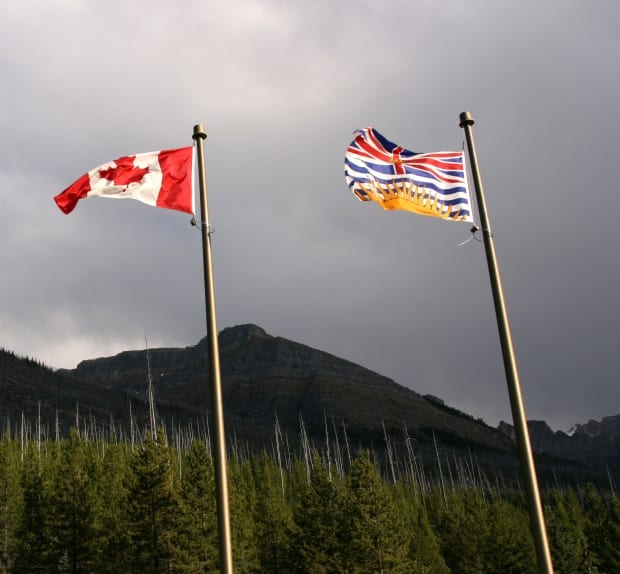
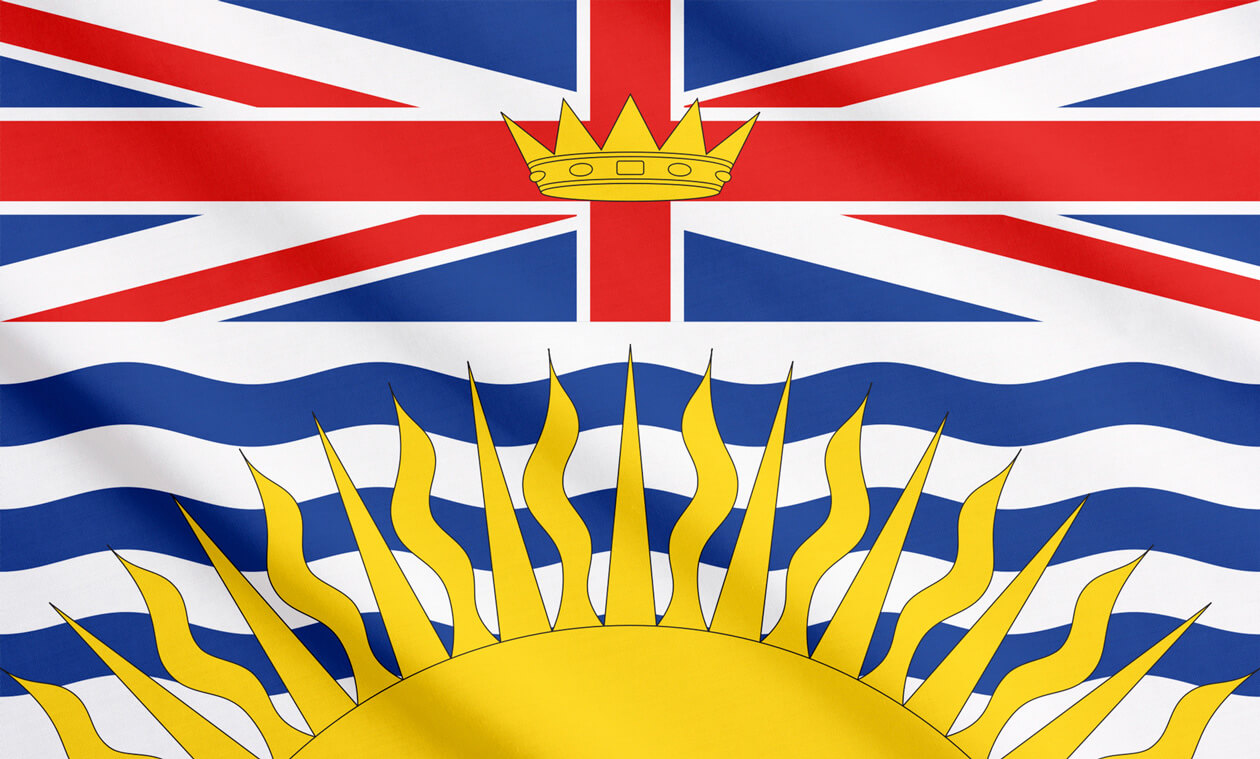
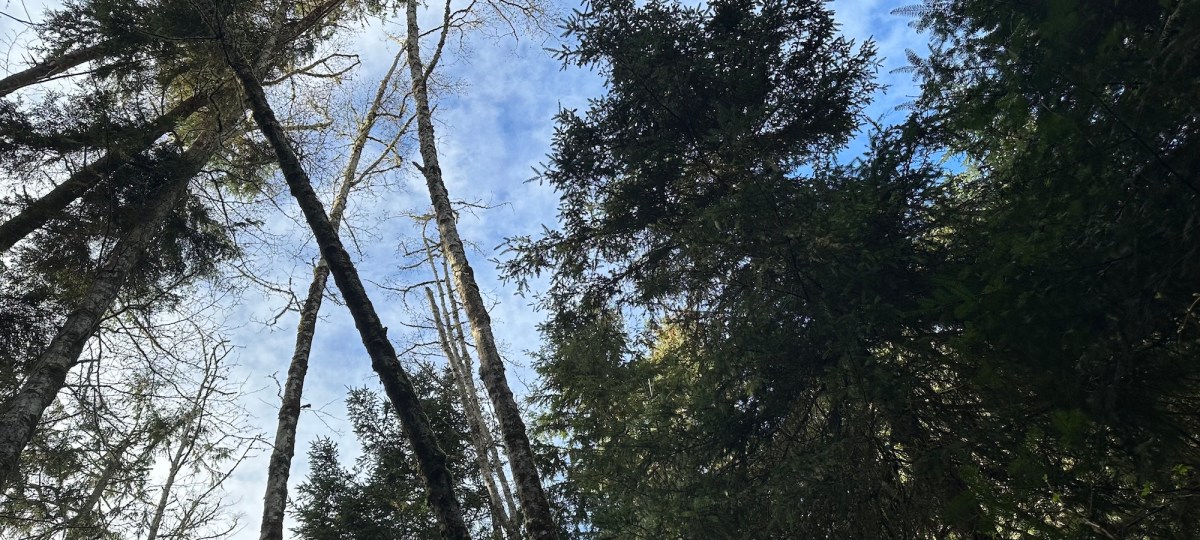
What did you think of this story?
Take our quick 2-minute survey to let us know how we're doing and what topics you'd like to see The Langley Union cover next.


